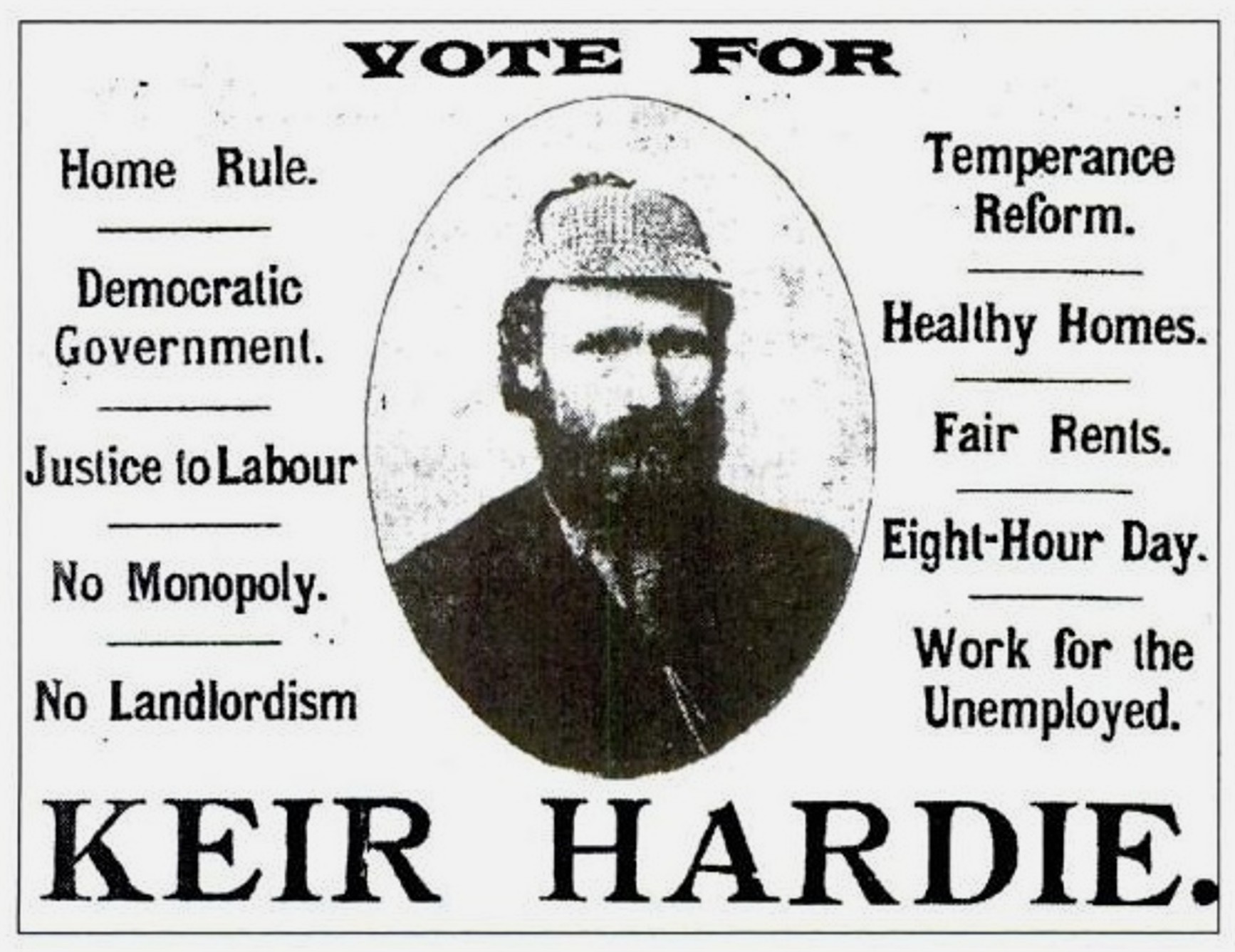By: Simon Brooke :: 6 August 2025

I'm not hugely a fan of Jeremy Corbyn. I'll defend him when he's attacked, especially when people repeat the vile slander that he's antisemitic. I do think he's the best leader the Labour Party has had since Michael Foot. But honestly, that isn't saying much.
He is, as Tony Benn said, a signpost, not a weathercock: a person of principle, whose principles do not change. But he's also stubborn, sometimes unnecessarily belligerent, not a good communicator, and not, I think, a fast thinker. And he's old — older than me — and I think it's time for our generation to get out of the way.
Nevertheless, the new party of which he and Zarah Sultana are now the main figureheads is genuinely interesting and could be the best thing that's happened in English politics in many decades. Its principles, in so far as they have yet been expressed, appear to be
- a mass redistribution of wealth and power;
- an NHS free of privatisation;
- bringing energy, water, rail and mail into public ownership;
- a massive council-house building programme;
- standing up to fossil fuel giants putting their profits before our planet;
- campaigning for... a free and independent Palestine.
Those are all points I am in favour of.
But beyond that, if the new party makes any ground at all, it will force Labour to move left, back towards the centre ground of politics, rather than continuing to chase Reform ever further to the right.
However, it's happening in England, and I suspect that the pro-independence left in Scotland are not paying very much attention to it. But if the new party starts to gain traction, it will seek to organise in Scotland, will seek to stand candidates for Holyrood next year. If we — the old Radical Independence movement, the Scottish Socialists, the left of the SNP becoming disillusioned with Swinney's rudderless drift — were to join the party, become its Scottish wing, present a left platform including, as Keir Hardie did, 'Home rule' as the first item in its manifesto, what could we achieve?
Well, first, it would force Scottish Labour to reconsider its position on independence. Such a party could take a lot of votes from it. If all we achieved was to persuade Scottish Labour to commit to make referenda on independence a devolved competence, that would be a huge win.
Next, it could force the SNP to strengthen its position not only on independence (does it even have a position on independence these days?), but also on land reform, on wealth redistribution, on housing, and, last but by no means least, on Palestine. Wouldn't it be great if it could push him into giving Humza Yousaf some sort of formal role as Scotland's representative for the Middle East?
Of course, beyond that, it could as a party formulate a genuinely radical vision for a post-independence Scotland, which we could not only rally people behind, but use to lever other parties — not least the SNP — to present their own competing visions.
Because, let's be clear about this. This new party is going to seek to organise in Scotland. If we don't take advantage of that, the unionists will.

